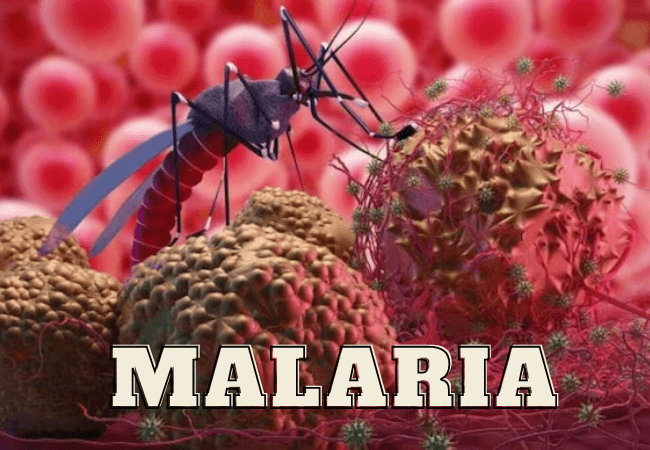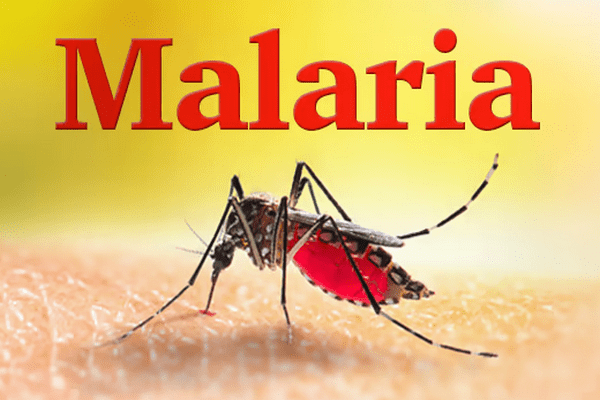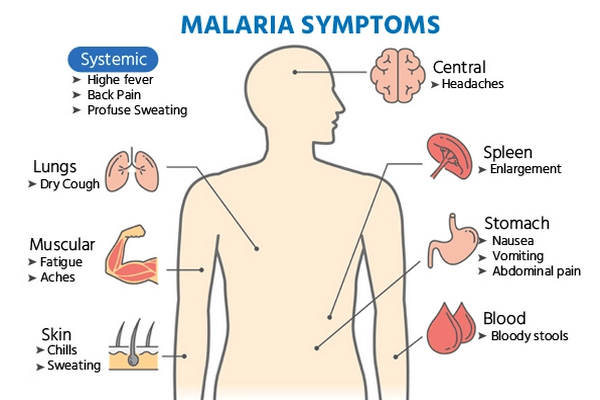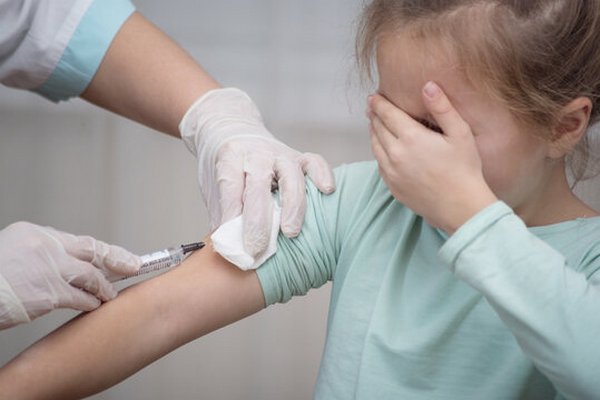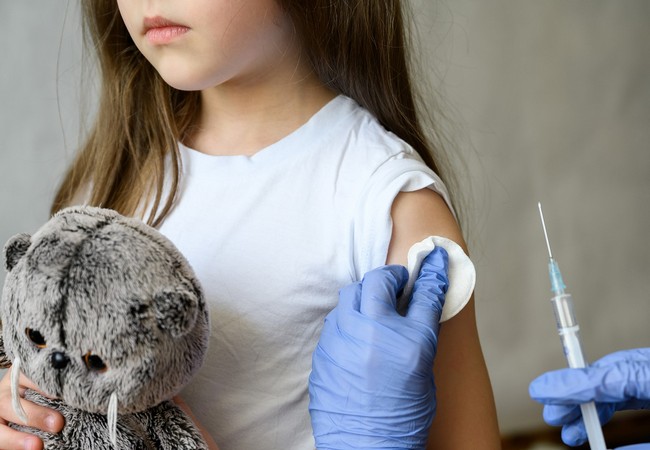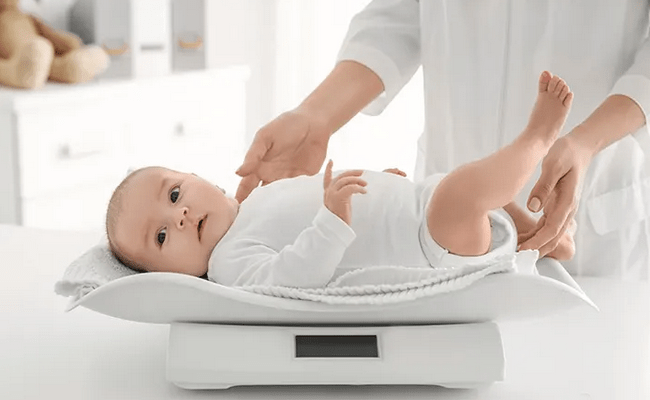Different Types and Life Cycle of Malaria Parasites
Malarial Parasites: Types, Classification and Life Cycle What is Malaria Disease? Malaria is a mosquito-borne infectious disease affecting humans and other animals caused by parasitic protozoans (a group of single-celled microorganisms) belonging to the Plasmodium type. Malaria causes symptoms that typically include fever, tiredness, vomiting, and headaches. Malaria is an infectious disease caused by plasmodium […]
Different Types and Life Cycle of Malaria Parasites Read More »


